If you’re a compulsive book buyer like me, you know books have a way of attracting more books. If you buy a reader a book, she’s going to want a place to put it. And when you give the reader a bookshelf, she’s going to want a book on feng shui to make sure she puts it in the right place. And when the bookshelf is once again too full, she’ll need books about first-time homeownership, because her other books need room to spread out. But house shopping will have to wait because this paragraph inspired her to buy a limited edition printing of If You Give a Mouse a Cookie.
Most of the time, I’m okay with this cycle. My book-buying habit supports authors and bookstores, even as it drains my discretionary income. And it hasn’t quite yet led to buying a bigger house. Still, my TBR pile is so big, I should start charging it rent. And if I don’t change my habit, that rent would just go toward buying more books anyway.
So, I’ve decided to fight fire with fire. I’ve come up with a totally foolproof plan to buy some books to help me buy fewer books. This has to work, right? Let’s check out the shopping list.
A Book About Personal Finance
The 21-Day Financial Fast: Your Path to Financial Peace and Freedom by Michelle SingletaryFirst up, personal finance. If I buy fewer books, I will have more money. This is motivating. Washington Post columnist Michelle Singletary will get me on a budget that promises to bring “peace and prosperity” to my financial affairs. However, a quick skim reveals that financial freedom does not involve a gazillion-dollar book budget. I am skeptical. |
A Book About Tidying

The Life-Changing Magic of Tidying Up: The Japanese Art of Decluttering and Organizing by Marie KondoNext, I turn to the queen of organizing, Marie Kondo, to help me out. Surely, a well-organized home does not include towering piles of books I have yet to read. Kondo tells me to only keep stuff if it sparks joy. Yet, the sight of my overstuffed bookshelves makes my heart skip a beat. This is a flaw in the method. |
A Book About Minimalism
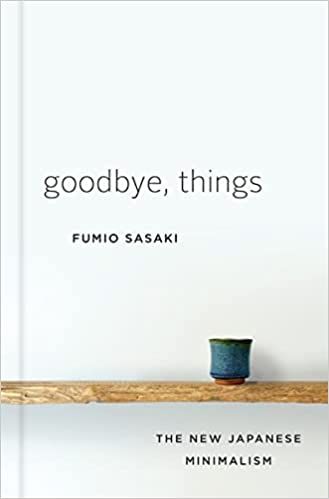
Goodbye, Things: The New Japanese Minimalism by Fumio SasakiDisappointed with tidying, I move to the more extreme organization principle: minimalism. My approach to books has been maximalist, so I let Sasaki sell me on how ridding himself of objects has led to his personal happiness and freedom. This sounds very nice. It also makes me appreciate my Kindle, which holds thousands of books and fits in my purse. If I move to a 200 square foot apartment like Sasaki, I can take the ebooks with me! |
Two Books About Self-Control
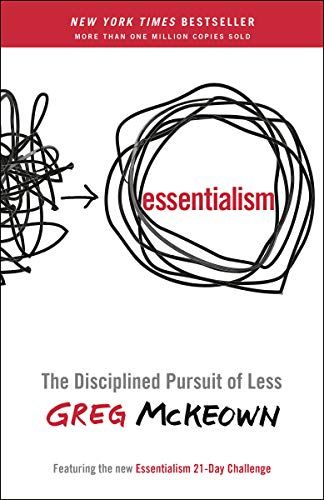
Essentialism: The Disciplined Pursuit of Less by Greg McKeownSince I consider an ereader the perfect minimalist accessory, perhaps I need a more psychological take on minimalism. McKeown won’t let me off the hook with space-saving strategies. He believes I need to dig into my core beliefs and focus on what I truly want to achieve. This is good advice. Unfortunately, my core love of reading and value of supporting the arts leads me to thinking, maybe book buying is essential. I buy this book for my boss. |
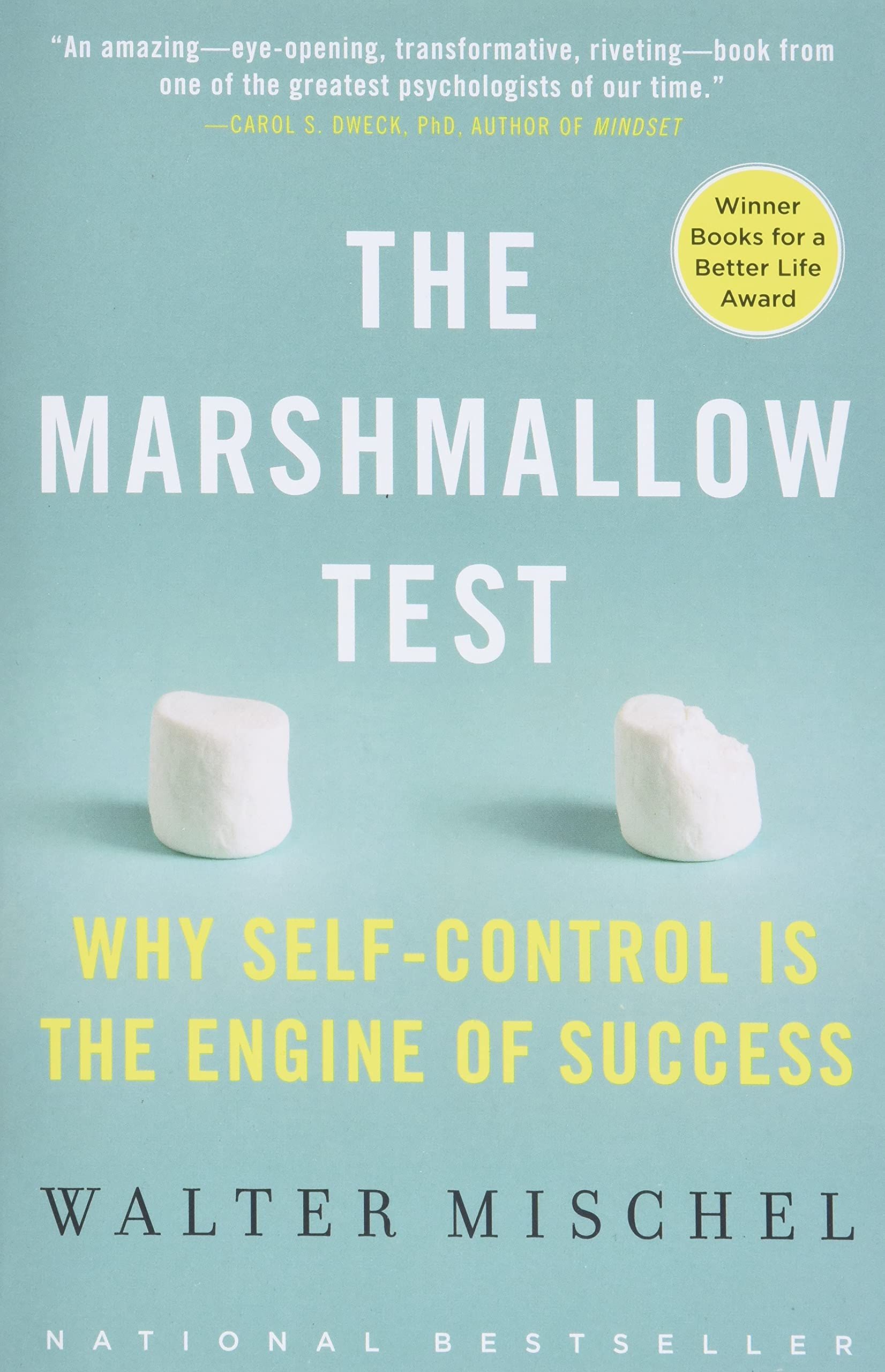
The Marshmallow Test: Why Self-Control Is the Engine of Success by Walter MischelAuthor Walter Mischel designed the famous “marshmallow test.” The kids who had the willpower to hold out for two marshmallows instead of devouring the one currently in front of them obviously had the willpower to delay their sugar rush and, apparently, get ahead in life. Too late, I realize that if books are the marshmallows in my own willpower test, delaying buying one book will allow me to buy two in the future. Embracing this logic, I buy a book now to help out my future self, who doesn’t need two books at a time anyway. |
A Book About Anti-Productivity
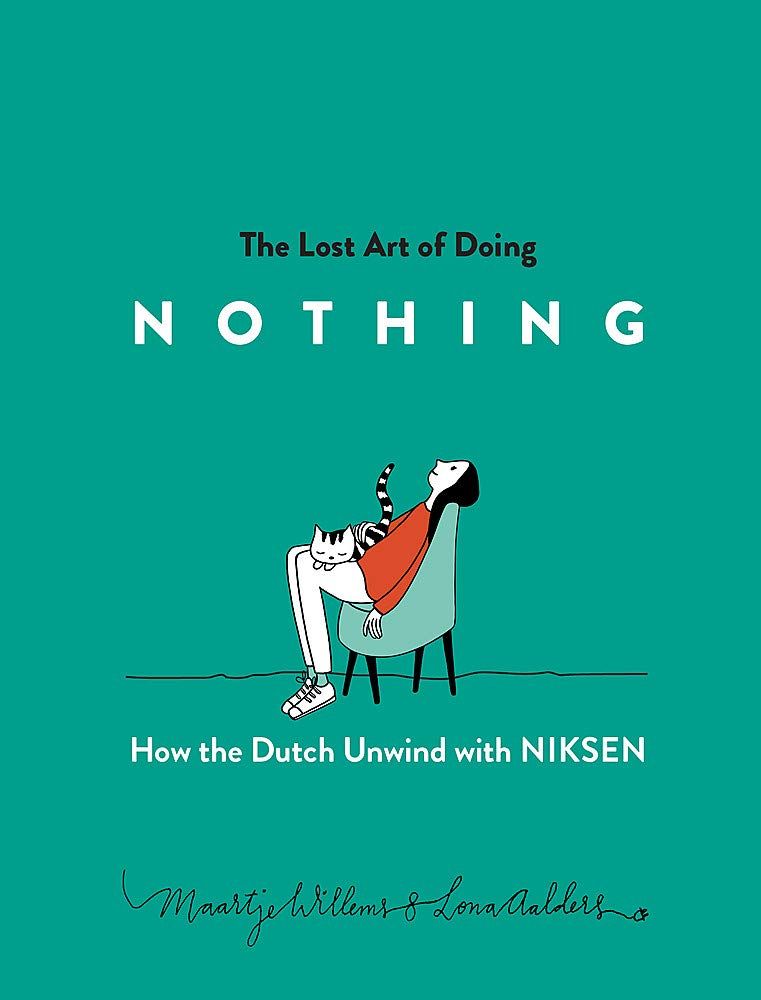
THE LOST ART OF DOING NOTHING: HOW THE DUTCH UNWIND WITH NIKSEN BY MAARTJE WILLEMS AND LONA AALDERSIn the other direction from self-control, maybe it’s an urge for productivity that fuels my book buying. In that case Dutch authors Willems and Aalders have the antidote. Niksen is how the Dutch practice being bored or perfecting other activities like gazing out of a window or sitting motionless. Reading is not niksen. Neither is shopping. If I embrace the Dutch method, I will be content perhaps just daydreaming. Unfortunately, niksen gets me thinking about that Danish concept, hygge, which is something like the art of coziness. Hygge, I am sure, requires me to surround myself with many more books. Then I can practice niksen. |
A Book About Libraries
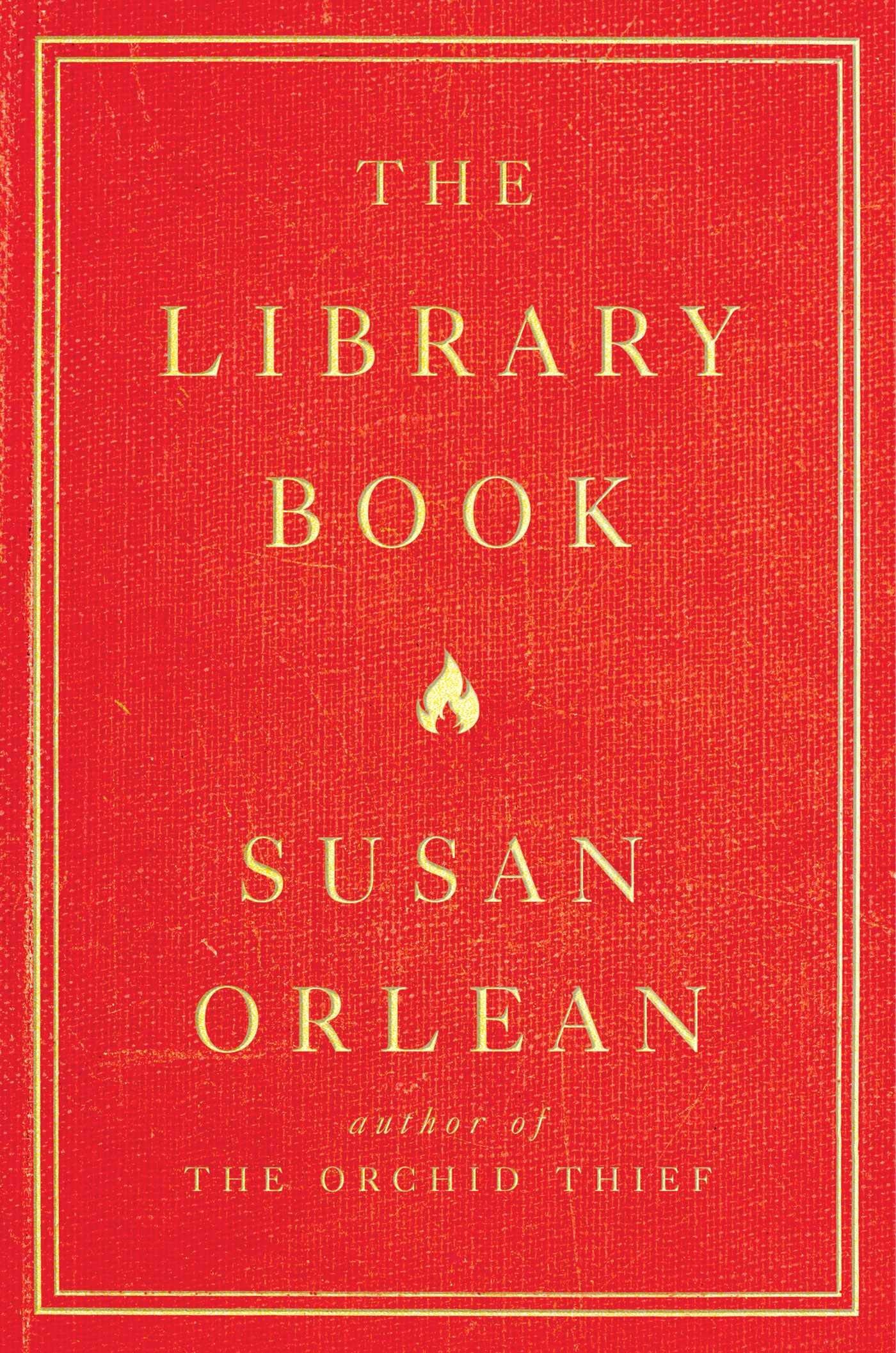
The Library Book by Susan OrleanA narrative nonfiction page-turner about the devastating fire in the Los Angeles Public Library, The Library Book is a masterful meditation on those beautiful civic institutions brimming with books I can borrow, for free. Libraries are the solution to compulsive book buying, right? I mean, if I actually read all the library books I checked out, I’d be far too busy reading to buy more books. Ironically, I own a copy of The Library Book. This does not bode well for my buying habits. |
A Book About Environmentalism
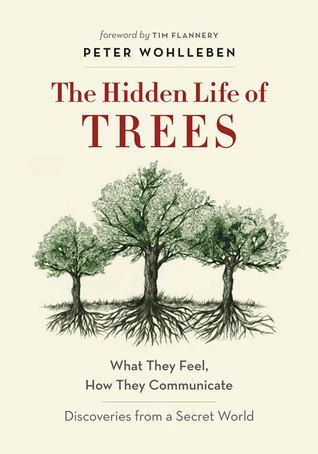
The Hidden Life of Trees: What They Feel, How They Communicate―Discoveries from A Secret World by Peter WohllebenTime for desperate measures: if concern for my wallet doesn’t curb my book buying, maybe concern for trees will. The Hidden Life of Trees is a fascinating book about how living, breathing trees have a rich impact on each other and the ecosystem. I appreciate the beautiful trees around me and think twice about lining my bookshelves with their pulverized corpses. I see yet another upside to ebooks. |
Final Thoughts
Well, the plan of buying books to help me buy fewer books was personally unsuccessful. A more determined and thrifty reader may have better results. Yet, I did learn something. By discovering how all these approaches cannot tame my love of book buying, I realized buying A LOT of books brings me a lot of joy.
For tips on how to organize your book hauls, check out our guide on How to Thoughtfully Organize Your TBR.












